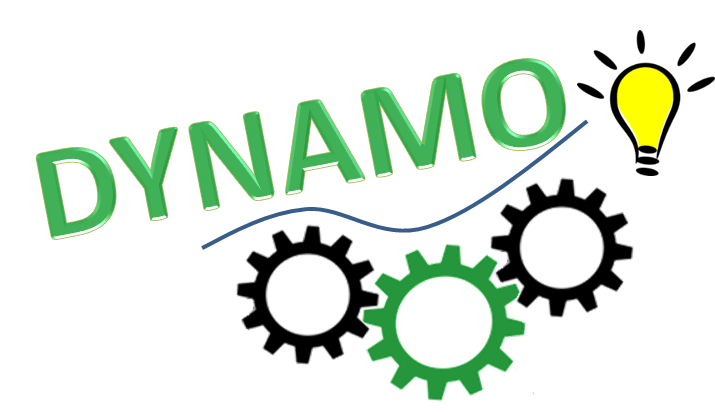DYNAMO – Dynamics of Need Associated Motivation
The DYNAMO project investigated the association between fulfillment of basic psychological needs and motivation in children and adolescents. To that end, a measurement instrument was developed which allows for assessing these two constructs in these age groups.
 Fulfillment of basic psychological needs (such as autonomy, competence, and relatedness) is an important prerequisite for subjective well-being. An open question pertains to the issue of how humans attain need fulfillment. The project DYNAMO investigated to what extent perceived frustration of a basic psychological need is associated with the motivation to restore the thwarted need in children and adolescents. We consider late childhood and early adolescence as an important developmental period which lays the foundation for the development of stable personality traits. Therefore, a better understanding of the dynamics of need fulfillment and motivation in this age range has been particularly important.
Fulfillment of basic psychological needs (such as autonomy, competence, and relatedness) is an important prerequisite for subjective well-being. An open question pertains to the issue of how humans attain need fulfillment. The project DYNAMO investigated to what extent perceived frustration of a basic psychological need is associated with the motivation to restore the thwarted need in children and adolescents. We consider late childhood and early adolescence as an important developmental period which lays the foundation for the development of stable personality traits. Therefore, a better understanding of the dynamics of need fulfillment and motivation in this age range has been particularly important. Approach
In a first step, we aimed to develop a questionnaire to assess day-to-day fluctuations of need fulfillment and need associated motivation in children and adolescents. This questionnaire was then used in a daily diary study to investigate the dynamics of need fulfillment and motivation in children’s and adolescents’ daily lives.
The aim of this project was to develop a questionnaire to assess (a) satisfaction and dissatisfaction of psychological needs, as well as (b) motivation for need fulfillment in children and adolescents. Furthermore, we aimed to examine whether (self-reported) need dissatisfaction is associated with higher motivation to restore the thwarted need. Age-associated differences in the size of this association has also been investigated.
Status: Completed ProjectsDepartment: Education and Human Development Duration: 07/2018 – 04/2020Funding: External fundingContact: Prof. Dr. Andreas Neubauer, Associated Researcher